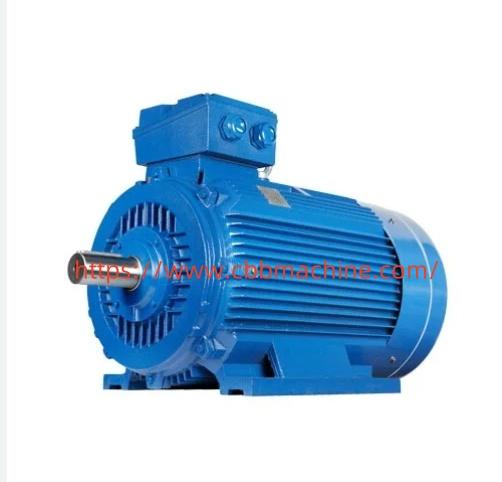In industrial machinery, the role of the Electric Torque Motor is central to delivering controlled, low-speed rotation with high torque and precision.
Unlike traditional motors that operate best at constant speeds, electric torque motors are designed for direct-drive applications, eliminating the need for gearboxes or belts. Their compact structure and torque output at zero or low speed make them ideal for processes that require precise angular positioning or continuous force at low revolutions.
This unique motor type is commonly used in winding machines, printing presses, robotics, packaging lines, and CNC systems. Its most valuable feature is the ability to hold torque even when stationary, making it suitable for tension control systems and indexing mechanisms.
Thanks to advanced electromagnetic designs and superior materials, torque motors offer excellent response times and minimal backlash. With proper cooling—either through air or water circulation—they can operate continuously under high loads. This ensures a stable torque output, even during rapid acceleration and deceleration cycles.
The evolution of automation and Industry 4.0 has further emphasized the importance of smart motion control. Torque motors can be seamlessly integrated with feedback devices like encoders, enabling closed-loop systems to monitor and adjust performance in real time. As a result, these motors not only improve process accuracy but also reduce wear and maintenance compared to traditional drive systems.
In sectors like film slitting, label printing, textile unwinding, or electronic component assembly, the demand for precise, smooth torque delivery without mechanical delays is high. Here, electric torque motors become the go-to solution. Their silent operation and low vibration characteristics also make them desirable in environments where minimal mechanical noise is essential.
Customization is another strong advantage. Manufacturers now offer electric torque motors in various form factors, shaft configurations, mounting methods, and voltage ratings. Some units are frameless, allowing OEMs to integrate them directly into the machinery’s structure. Others come fully assembled for plug-and-play use, reducing setup time and engineering workload.
However, the true value lies in choosing the right manufacturer—one that offers performance, support, and long-term reliability. Working with a dedicated supplier ensures that motor specifications align perfectly with operational goals, from torque curves to thermal tolerances.
For companies seeking improved motion control and system efficiency, electric torque motors represent a strategic upgrade to their production lines—offering longevity, adaptability, and precision in one compact package.
To explore more machinery components that complement automation systems, visit https://www.cbbmachine.com/product/

